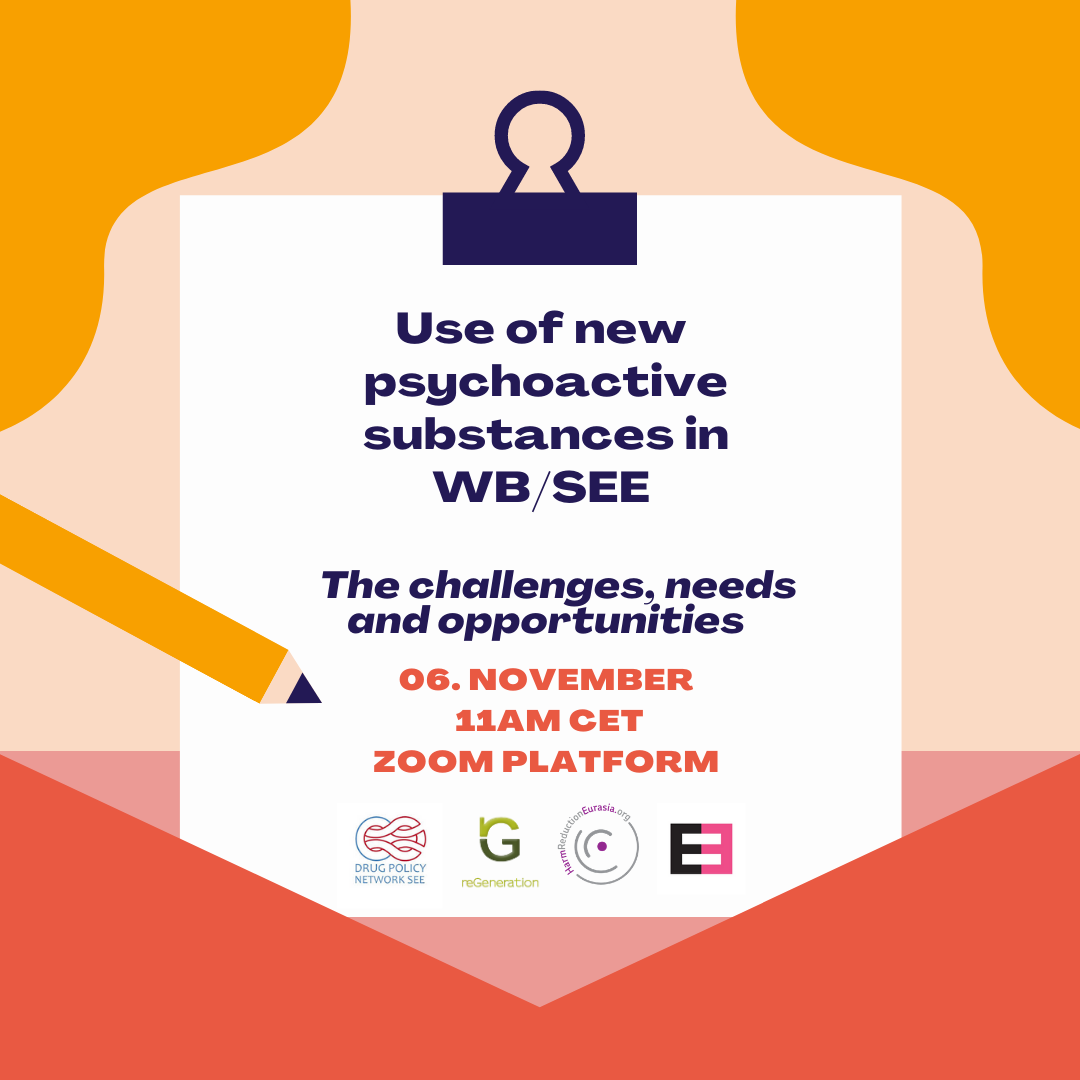DPNSEE hosted the Webinar on EU Drugs Strategy 2021 – 2025 on Wednesday 24 March 2021. The Webinar was supported by the European Monitoring Centre for Drugs and Drug Addiction (EMCDDA).
The webinar was supposed to serve as a source of inspiration to support all those involved process of design, implementation and evaluation of drug strategies.
The EU Drugs Strategy 2021 – 2025 was presented by Danilo Ballotta, Coordinator – Institutional relations at the EMCDDA (link to Danilo’s presentation>>>).
Iga Jeziorska, from Youth Organisations for Drug Action, Chair of the Working Group on the EU Action Plan at the EU Civil Society Forum on Drugs (link to Iga’s presentation>>>) and Adrià Cots Fernández, Research and Advocacy Officer, International Drug Policy Consortium spoke about the civil society involvement in the process of designing the Strategy.
A more critical view on the Strategy was offered by Péter Sárosi from the Rights Reporter Foundation (link to Péter’s presentation>>>).

Discussions in three separate discussion rooms followed on three main pillars of the Strategy: Reducing supply (facilitated by Željko Petković, Assistant Director, Service for Combatting Drug Abuse at the Croatian Institute of Public Health), Reducing demand (facilitated by Matej Košir, Deputy Chairperson, Vienna NGO Committee on Narcotic Drugs, UTRIP Institute, Slovenia) and Harm reduction (facilitated by Marios Atzemis, DPNSEE Board member, European AIDS Treatment Group Greece).
More than 70 representatives of governmental organisations, both on national and local level, academia, civil society organisations, international organisations and donor community participated.
The Webinar offered a comprehensive and interesting insight into the Strategy and caused an interesting discussion and exchange of views.


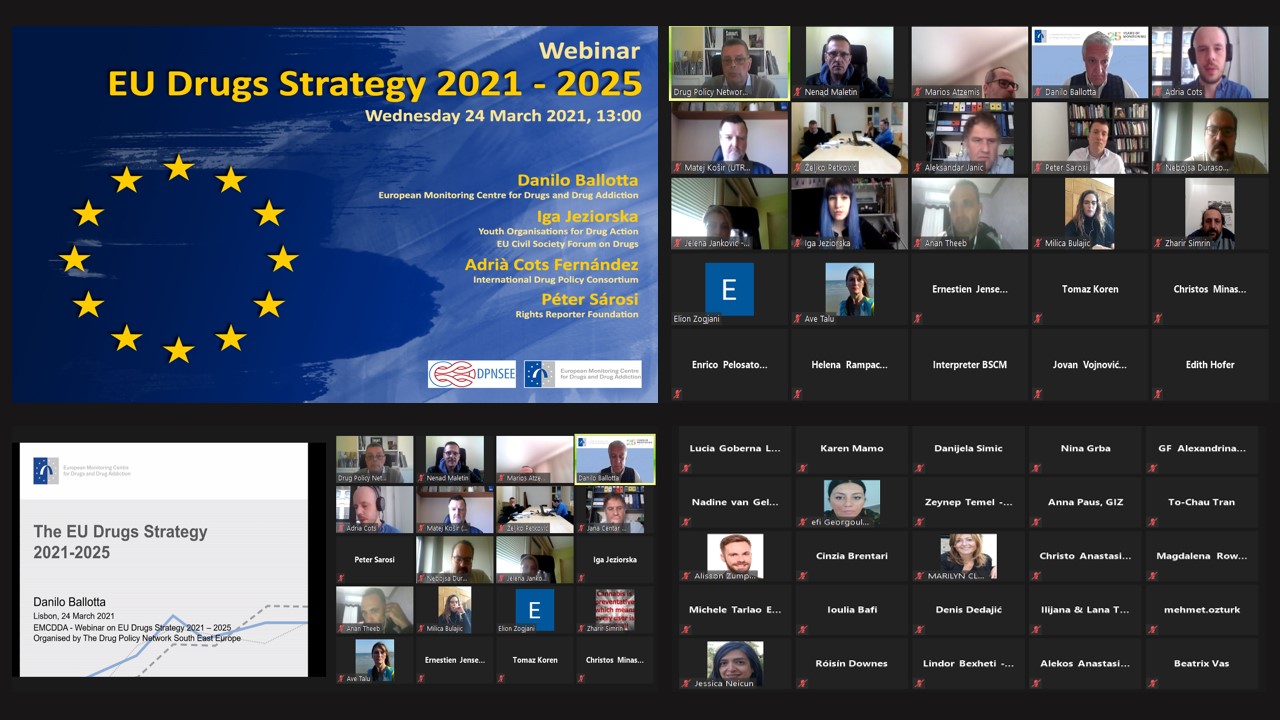
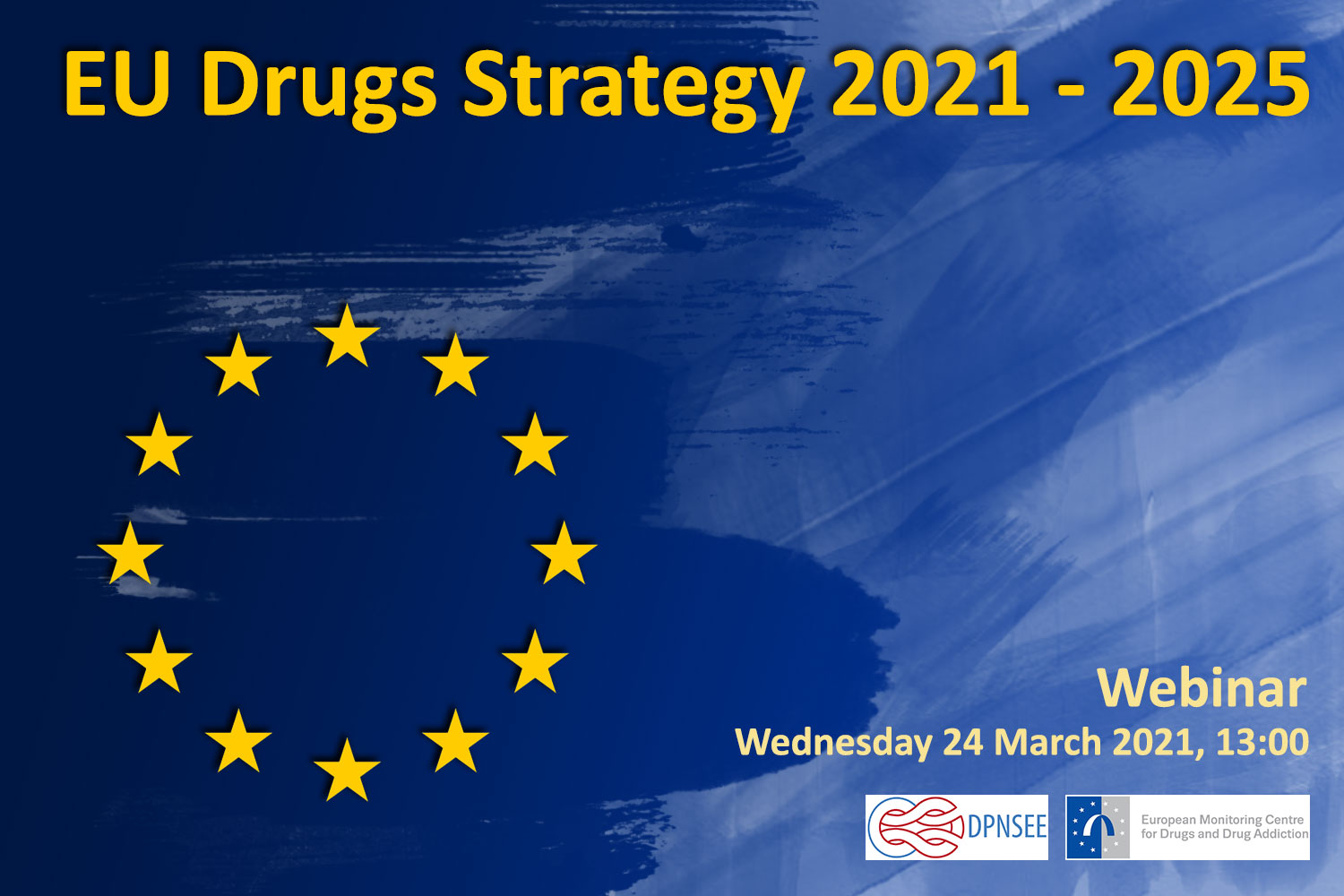
 The EU Drugs
The EU Drugs 

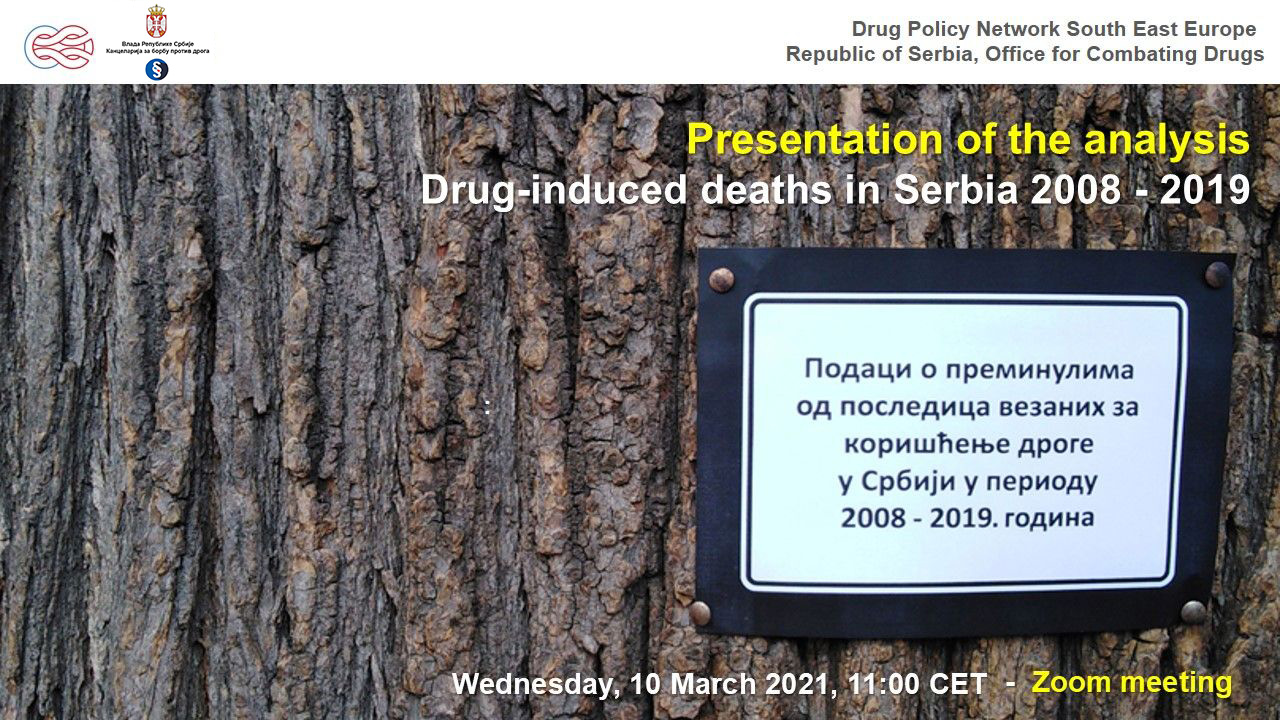




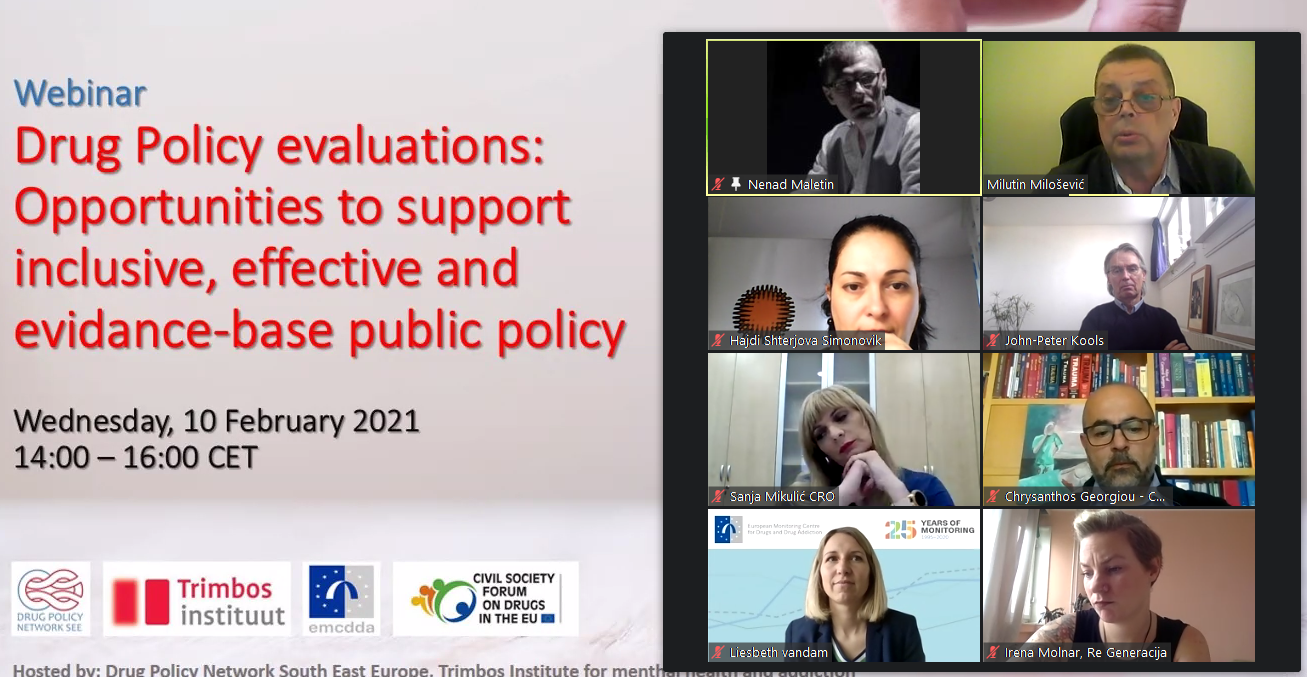




 The Selection Committee for the Call has determined that our application meets our guidelines, that it has been highly ranked among other applications, and is in line with the priorities set out by RYCO. Therefore, it is qualified for the next phase of the selection process. We are among 12 projects on the open call
The Selection Committee for the Call has determined that our application meets our guidelines, that it has been highly ranked among other applications, and is in line with the priorities set out by RYCO. Therefore, it is qualified for the next phase of the selection process. We are among 12 projects on the open call 